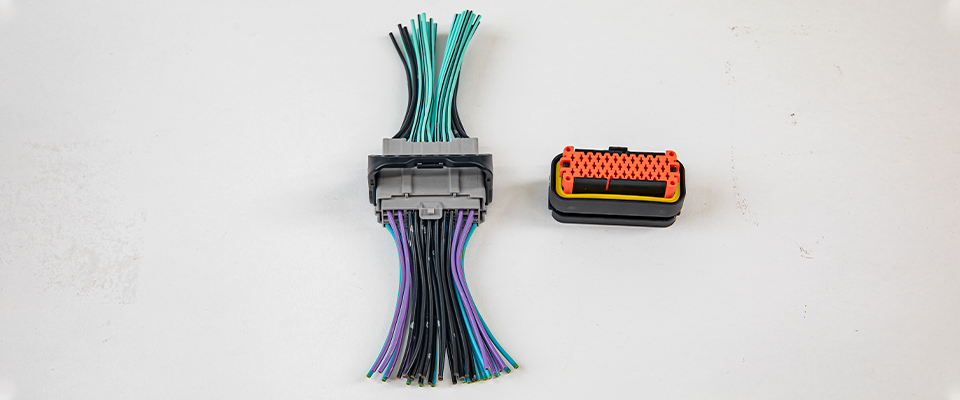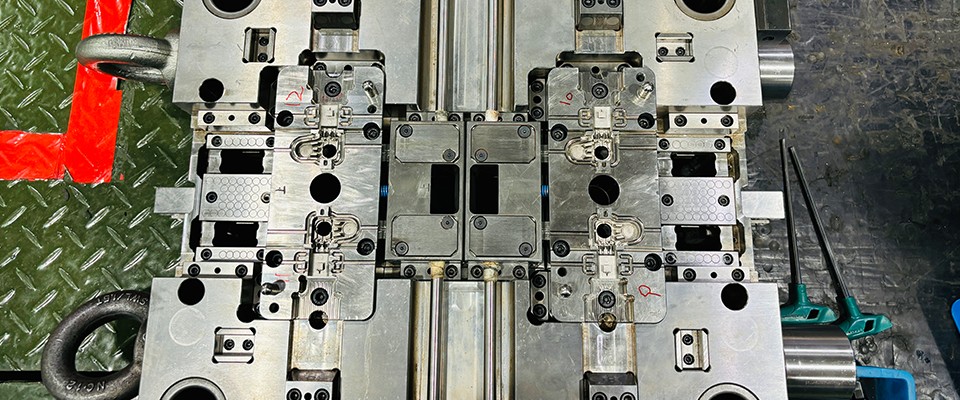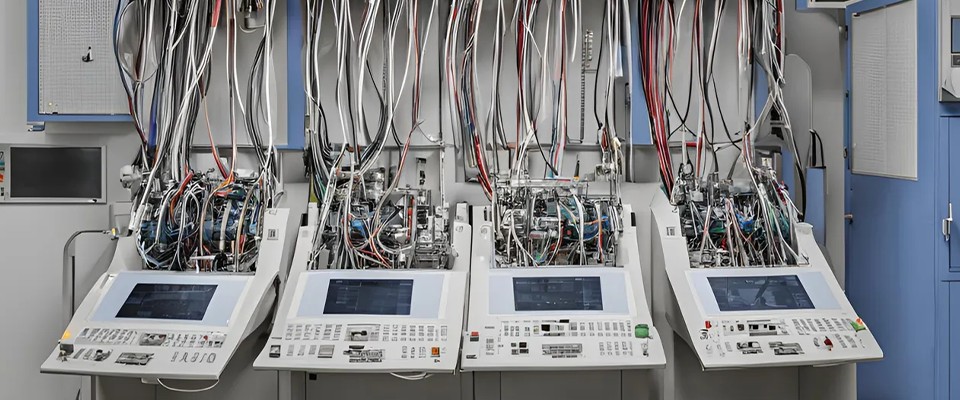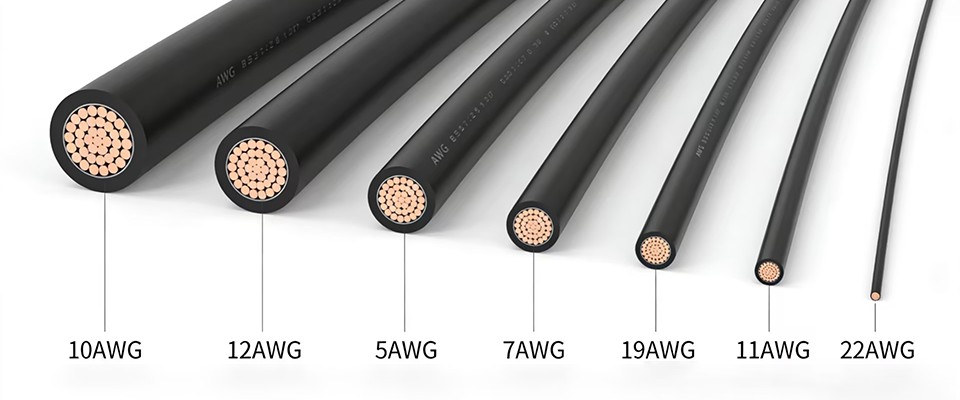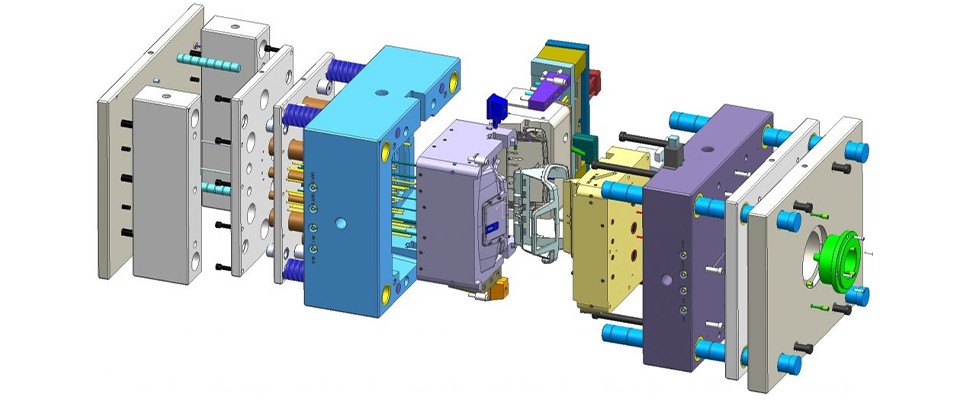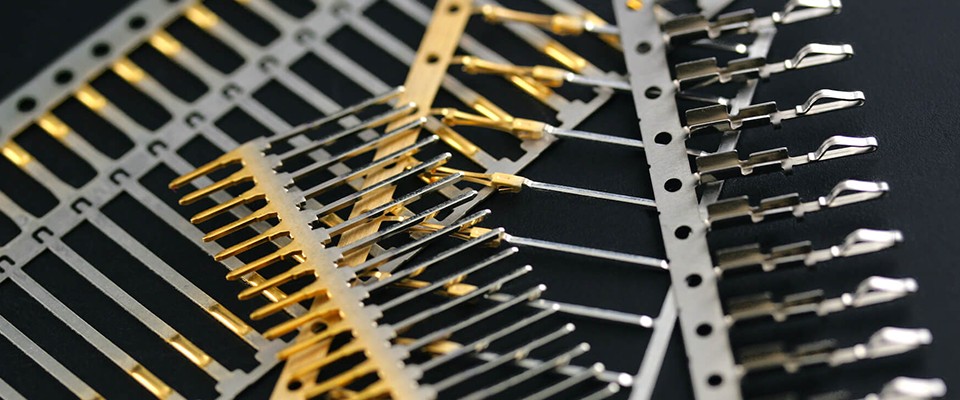Choosing the right jacket material is one of the most important decisions in wire harness design. The jacket directly affects durability, flexibility, temperature resistance, chemical protection and long-term reliability — especially in industries such as automotive, robotics, energy storage, medical devices and industrial automation.
This guide summarizes the key performance differences between PVC, XLPE and PTFE and provides practical engineering recommendations based on TSP’s experience in precision wire harness manufacturing.
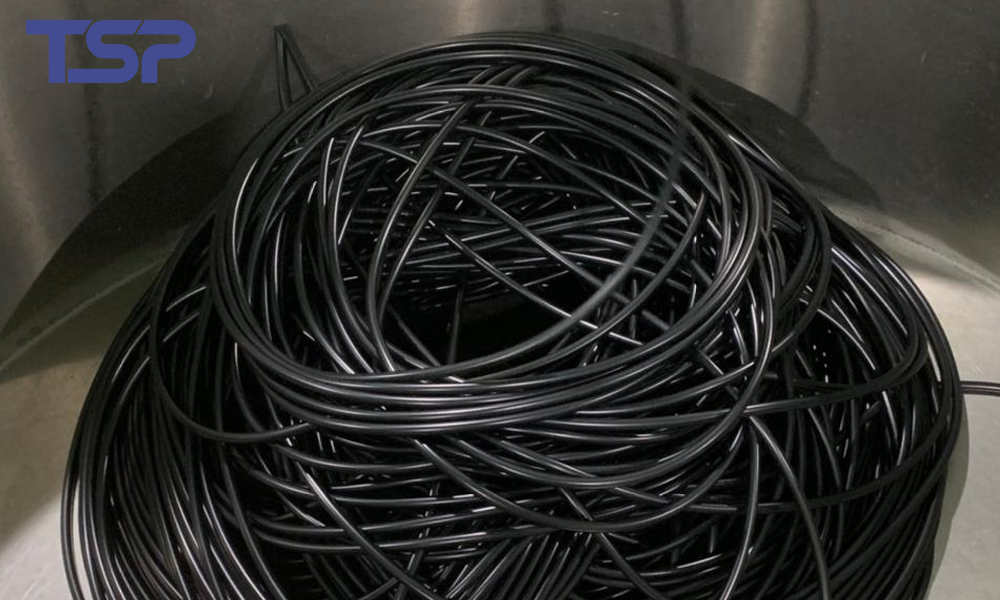
PVC Jacket Characteristics and Uses
Best for: general industrial equipment, automotive low-voltage wiring, home appliances, office equipment
PVC (Polyvinyl Chloride) is the most widely used jacket material thanks to its versatility and cost efficiency.
Advantages
Low cost and easy to process
Good flexibility
Natural flame retardancy
Good electrical insulation
Wide color options for circuit identification
Suitable environments
Stable indoor temperatures, moderate mechanical stress, budget-driven projects.
Limitations
Not ideal for high temperatures, aggressive chemicals or continuous dynamic bending.

XLPE Jacket Performance and Advantages
Best for: EV battery packs, high-temperature environments, industrial machinery, power wiring
XLPE (Cross-Linked Polyethylene) is engineered for enhanced thermal and mechanical performance.
Advantages
Higher temperature resistance (90–125°C)
Strong abrasion and cut resistance
Excellent insulation strength
Superior aging and UV resistance
Longer service life
Suitable environments
Battery systems, power circuits, industrial automation, outdoor applications.
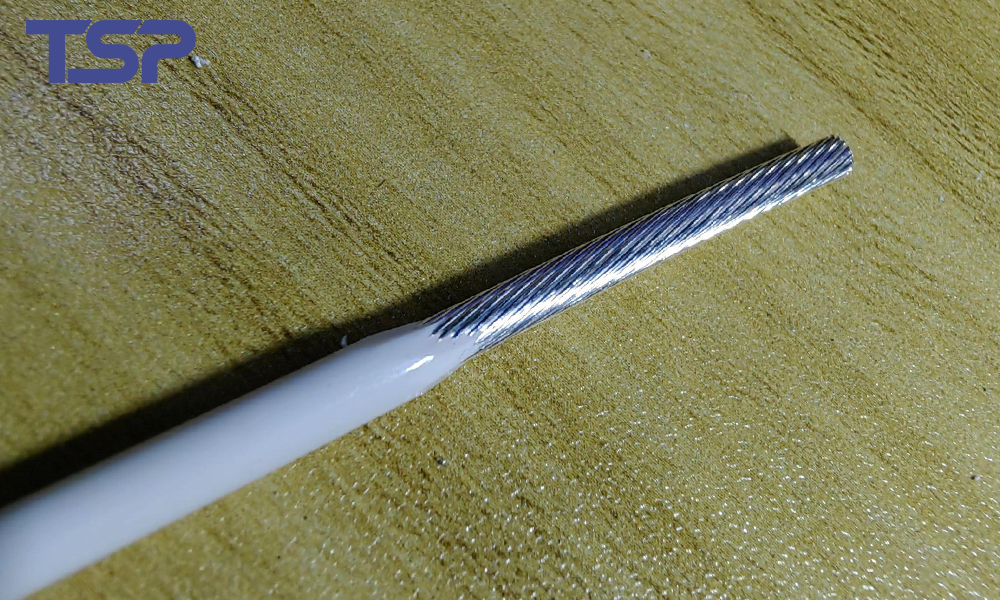
PTFE Jacket High-Performance Capabilities
Best for: robotics, medical devices, aerospace electronics, extreme environments
PTFE (Polytetrafluoroethylene, Teflon) is a premium engineering material used when reliability and environmental resistance are critical.
Advantages
Exceptional temperature resistance (up to 200°C+)
Outstanding chemical corrosion resistance
Very low friction, ideal for repeated bending
High dielectric strength for high-speed signal clarity
Suitable environments
Robotic joints, medical probes, high-temperature chambers, corrosive environments, aerospace systems.
Limitations
Higher cost and more complex processing requirements.
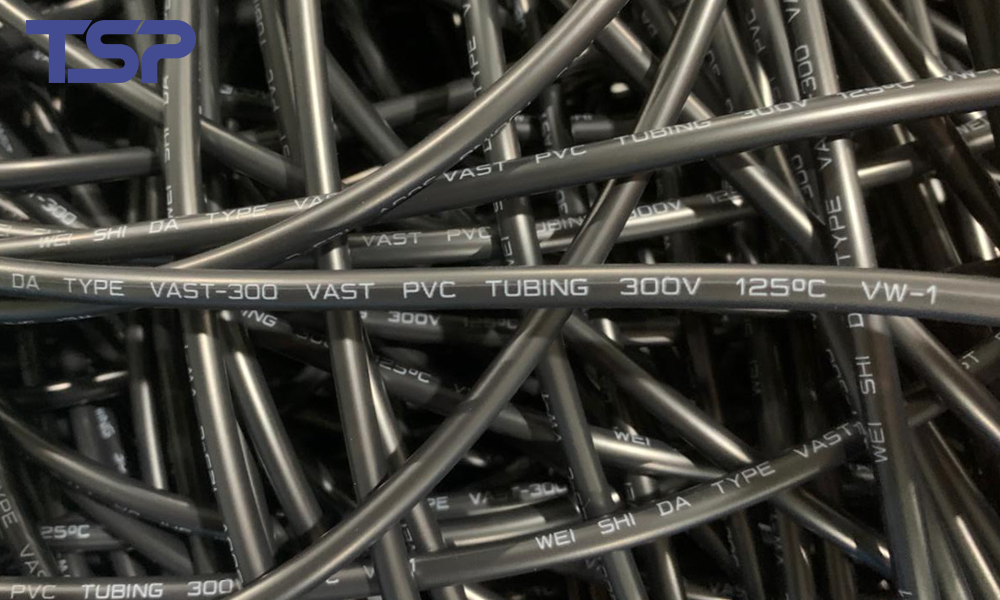
Comparison at a Glance
| Performance | PVC | XLPE | PTFE |
|---|---|---|---|
| Cost | Low | Medium | High |
| Temperature Resistance | Moderate (70–105°C) | High (90–125°C) | Extreme (200°C+) |
| Flexibility | Good | Good | Excellent |
| Chemical Resistance | Basic | Good | Exceptional |
| Service Life | Medium | Long | Very Long |
| Typical Use | General industrial, automotive | EV battery, automation | Robotics, medical, aerospace |

How to Choose the Right Jacket Material
Here are practical recommendations based on TSP’s global engineering and OEM/ODM project experience:
● When you need the best cost-performance balance → Choose PVC
General electronics, office equipment, low-voltage automotive wiring.
● When you need both durability and higher temperature resistance → Choose XLPE
Power harnesses, battery systems, charging systems, industrial machinery.
● When you need maximum reliability and extreme resistance → Choose PTFE
Robotics, medical devices, aerospace, or highly dynamic cable chains.

Why Leading Companies Trust TSP for Wiring Harness Manufacturing
TSP is a global manufacturer of precision wire harnesses, cable assemblies, injection-molded components and custom connectors with facilities in China, Mexico and Morocco.
What makes TSP different:
Certified with IATF16949, ISO9001, ISO13485
Expertise in automotive, medical, energy storage, robotics and industrial control
Full range of jacket materials: PVC, XLPE, TPE, silicone, PTFE and others
In-house precision mold making and overmolding capabilities
Automated production and 100% electrical testing
Engineering support including 2D/3D design, FA testing and prototype development
Trusted by major global automotive Tier-1s, robotics brands and medical manufacturers
Need Help Choosing the Right Jacket Material?
TSP provides engineering consultation, custom design, material selection support and sample evaluation to help you build a safer, more durable and more competitive wiring harness solution.
Contact TSP today — your project deserves reliable, long-life wiring solutions.

To read more: TSP Shanghai Achieves 1000KW Solar Power Milestone

